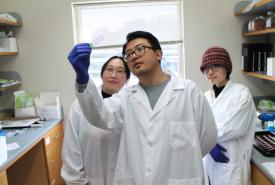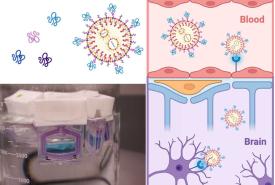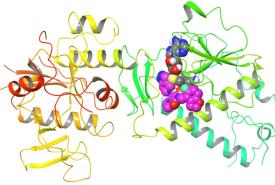Microtech Announces First Human Case of Implantable Microsensor for Heart Failure
Microtech, a wholly owned subsidiary of Medinol Inc., a leader in global MedTech research and development, announced that it has initiated human clinical trials of their microsensor platform, in a trial to measure atrial pressures important for the treatment of heart failure. The first implantation was recently performed by Prof. Erez Sharoni at Beilinson Medical Center in Petah-Tikva, Israel.


















